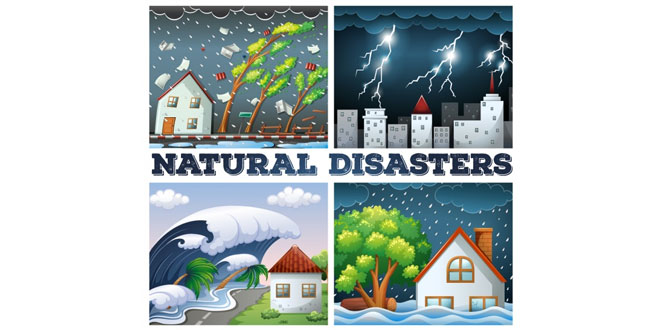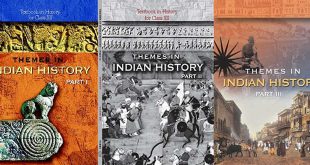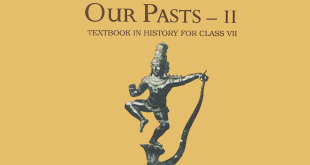Question: Define – seismograph, cyclone, flood, drip irrigation and tsunami.
Answer:
- Seismograph: The occurrence of an earthquake is detected by a sensitive instrument called seismograph.
- Cyclone: A cyclone develops when a low pressure area is surrounded by high pressure. Thus, the winds blow towards the centre at a very high speed and destructive in nature. These winds are accompanied by heavy rains and are often disastrous.
- Flood: Floods generally occur due to heavy rainfall, or when river water flows beyond its normal course. The main season for the occurrence of floods is the rainy season. Floods can cause damage to life, property and crops. The Central Water Commission (CWC) forecasts the occurrence of floods in India.
- Drip irrigation: is defined as any watering system that delivers a slow moving supply of water at a gradual rate directly to the soil. Drip irrigation, which is also sometimes referred to as micro-irrigation or trickle irrigation, consists of a network of pipes, tubing valves, and emitters.
- Tsunami: A tsunami develops when a large mass of water is displaced. This can be caused by an undersea earthquake or a volcanic eruption.
Question: What is the difference between natural hazards and natural disasters? Name the important sources of natural disasters.
Answer: Natural has provided ways and means for the sustenance of life on earth. Natural is one of the biggest sources of destruction. It can be due to earthquakes, floods, droughts, cyclones, landslides and forest fires. These are called natural hazards.
These natural hazards can cause great loss of life and property. A hazard causing destruction is called a disaster.
Question: What precautions should be taken if an earthquake strikes?
Answer: Precautions against Earthquakes:
- Leave your home or school building and move to an open area.
- Learn the basic first-aid functions.
- Do not stay near windows, bookcases, mirrors, hanging pots and fans during or immediately after an earthquake.
- If trapped in a building pots and fans during or immediately after an earthquake.
- If trapped in a building, remain close to an interior wall and protect your head with your arms. Avoid using a lift.
- If outdoors, keep away from trees, signboards, buildings, poles and electric wires.
- Do not sit inside a car or a bus.
- If you are inside a theater hall, stadium or an auditorium, do not panic. Stay inside.
 Class Notes NCERT Solutions for CBSE Students
Class Notes NCERT Solutions for CBSE Students




